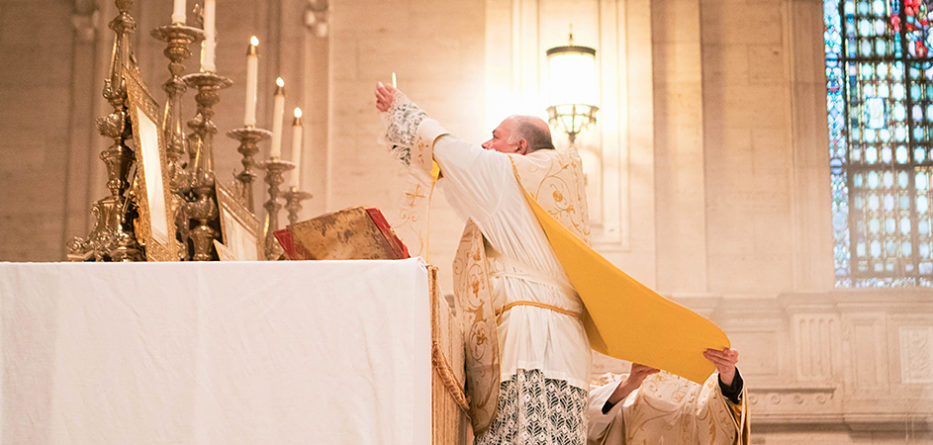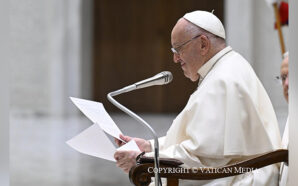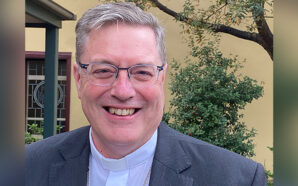“There is nothing new under the sun.”
That Scripture verse from the Book of Ecclesiastes (1:19) comes to mind as I reflect on the agitation expressed by some in the church and the media over the Holy Father’s motu proprio “Traditionis Custodes” and the recent confirmation given in the “Rescriptum ex Audientia” released by Cardinal Arthur Roche, prefect of the Dicastery for Divine Worship and Discipline of the Sacraments.
Let us remember that in those Roman documents, the successor of Peter, who is the guarantor of unity in the church, called bishops to assist all Roman Catholics to accept fully that the liturgical books promulgated by St. Paul VI and St. John Paul II are the unique expression of the lex orandi (the law of praying) of the Roman Rite. The fact that the Holy Father had to do this 60 years after the Second Vatican Council saddens but does not surprise me. Over my 50 years as a priest and 25 as a bishop, I have seen pockets of resistance to the council’s teachings and reforms, especially the refusal to accept the restoration of the liturgy.
In fact, St. John Paul II challenged this resistance head on in his apostolic letter on the 25th anniversary of Vatican II’s “Constitution on the Sacred Liturgy (“Sacrosanctum Concilium”) on Dec. 4, 1988. There he wrote:
It must be recognized that the application of the liturgical reform has met with difficulties due especially to…a tendency to see religious practice as something of a private affair, by a certain rejection of institutions, by a decrease in the visibility of the Church in society, and by a calling into question of personal faith. It can also be supposed that the transition from simply being present, very often in a rather passive and silent way, to a fuller and more active participation has been for some people too demanding. Different and even contradictory reactions to the reform have resulted from this. Some have received the new books with a certain indifference, or without trying to understand or help others to understand the reasons for the changes; others, unfortunately, have turned back in a one-sided and exclusive way to the previous liturgical forms which some of them consider to be the sole guarantee of certainty in faith.
Yes, he admits, some outlandish innovations harmed the unity of the church and offended the piety of the faithful. But, he added, “This should not lead anyone to forget that the vast majority of the pastors and the Christian people have accepted the liturgical reform in a spirit of obedience and indeed joyful fervor.” And then he wrote something that all Catholics, especially leaders in the church, should take to heart: “We should give thanks to God for that movement of the Holy Spirit in the Church which the liturgical renewal represents.”
To continue reading this article, click here.
Cardinal Blase J. Cupich, archbishop of Chicago, is the Catholic co-chair of the National Catholic-Muslim Dialogue, sponsored by the Committee on Ecumenical and Interreligious Affairs of the U.S. Conference of Catholic Bishops.
With thanks to America and Cardinal Blase J. Cupich, where this article originally appeared.








